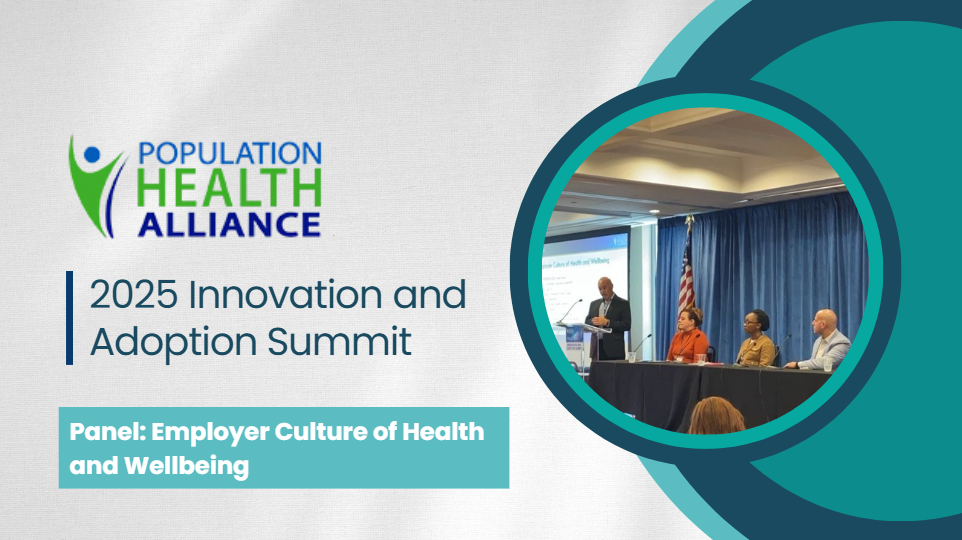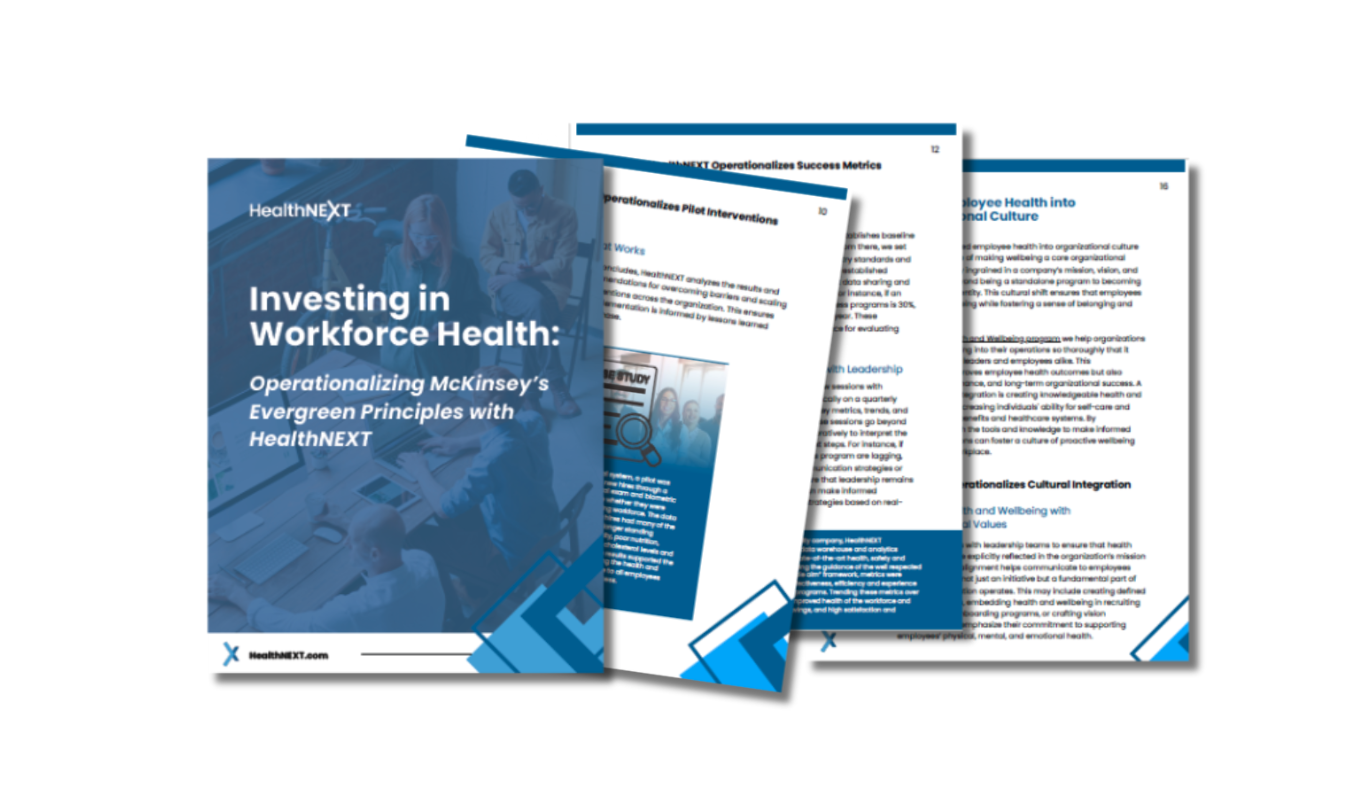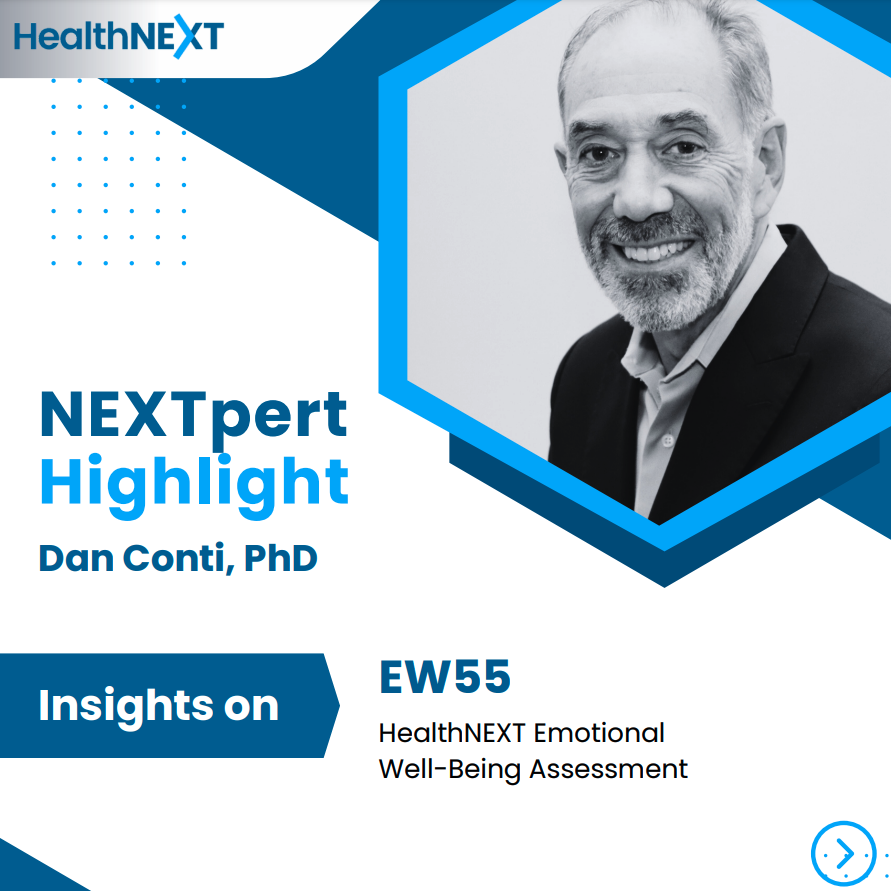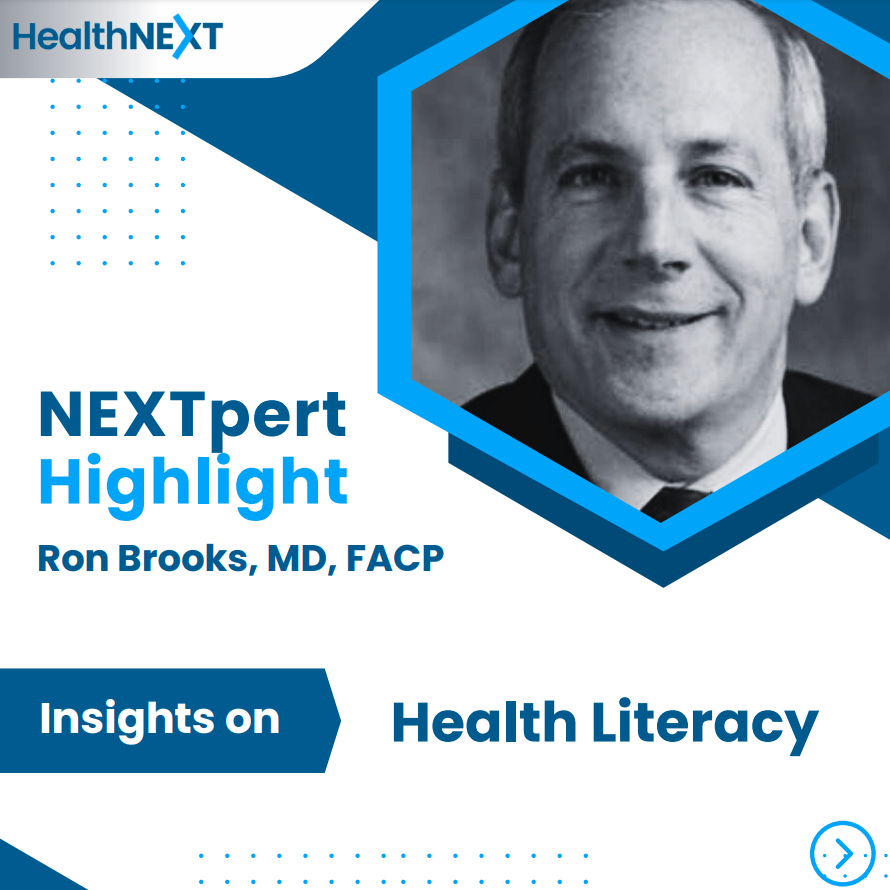Insights from our NEXTperts
Hear from the experts on developing a culture of health & wellbeing

PHA 2025 Innovation and Adoption Summit | Panel: Employer Culture of Health and Wellbeing
Speakers: Ivor Kiwi (HealthNEXT), Lisa Leslie (Hydro-Gear), James Startare (Aramark), Tonya Walker (Netflix)
The Population Health Alliance 2025 Innovation and Adoption Summit featured a panel moderated by Ivor Kiwi, Vice President of Operations at HealthNEXT, bringing together leaders from Hydro-Gear, Netflix, and Aramark to share practical strategies for advancing workplace cultures of health and wellbeing. The discussion underscored a shared mission to improve population health—recognizing that employers have a powerful opportunity to enhance the wellbeing of a large portion of the population through intentional leadership, meaningful benefits, and holistic strategies.

Operationalizing McKinsey’s 6 Evergreen Principles with HealthNEXT
NEXTpert: HealthNEXT Leadership TeamHealthNEXT
The McKinsey Health Institute’s recent report, Thriving Workplaces: How Employers Can Improve Productivity and Change Lives, highlights the immense value of investing in employee health and wellbeing and outlines six evergreen evidence-based principles that foster long-term resilience and make a positive impact on employee health. To support McKinsey’s report, HealthNEXT explores putting the principals into action with real-world examples from our experienced Chief Medical Officer “NEXTperts.”

NEXTpert Highlight: Emotional Wellbeing Assessment (EW55)
NEXTpert: Dan Conti, PhDJPMorgan Chase
Dan Conti, HealthNEXT NEXTpert, and subject matter expert on HealthNEXT’s Emotional Wellbeing Assessment, provides insights on the benefits of the EW55 assessment for organizations, HealthNEXT’s approach to emotional wellbeing, and the data and insights the assessment provides to employers.

NEXTpert Highlight: Scott Conard, Author of “Which Door”
NEXTpert: Scott Conard, MD, DABFP, FAAFMDillard’s, Varsity Brands, 7-Eleven
Scott Conard, HealthNEXT NEXTpert and author of “Which Door,” discusses his inspiration for the book, what he hopes readers will gain, and how the book addresses the challenges related to healthcare and wellbeing for employers.

NEXTpert Highlight: Global Population Health
NEXTpert: Shane Farrelly, MD, MFOMPfizer, Henkel
Shane Farrelly, HealthNEXT NEXTpert, addresses the importance of population health on a global scale, the global trends in employee health and wellbeing, and how healthcare professionals and policymakers can work together to achieve better global health outcomes.

NEXTpert Highlight: Health Literacy
NEXTpert: Ron Brooks, MD, FACPIndependence Blue Cross, Aetna
Ron Brooks, HealthNEXT NEXTpert, discusses HealthNEXT’s approach to health literacy, why it should matter to employers, and how employers can effectively communicate with their workforce about their health and wellbeing.
Creating an Employer Learning Collaborative to Support Cultures of Health and Well-being
Greater Philadelphia Business Coalition on Health President and former CEO, Neil Goldfarb
Neil Goldfarb discusses the conception of an employer learning collaborative on creating cultures of health and well-being, GPBCH’s partnership with HealthNEXT and the CDC Foundation, and the benefits employers gain when focusing on employee health.
This video is an excerpt from the HERO Forum 2022 session, “Early Insights from the CDC Foundation Supported Learning Collaborative.”
What is the most chronic condition in healthcare?
NEXTpert: Dixon Thayer, CEO of HealthNEXT
You’ll be surprised to learn what is the most chronic condition in healthcare. Dixon Thayer, CEO of HealthNEXT, discusses the issues plaguing employers when it comes to creating and maintaining a healthy workforce and managing high-cost claims.
How can small to mid-market companies create a Culture of Health and Well-Being?
NEXTpert: Cherryl Christensen, DO, MS, FACOEMFormer Corporate Medical Director for Procter & Gamble
Cherryl Christensen, DO, MS, FACOEM is a HealthNEXT NEXTpert and former Corporate Medical Director for Procter & Gamble. In this video, Dr. Christensen explains how companies with limited budgets can still maximize their resources to create a culture of health and well-being for their employees.
What steps are involved in creating a culture of health at an enterprise level?
NEXTpert: Cherryl Christensen, DO, MS, FACOEMFormer Corporate Medical Director for Procter & Gamble
Cherryl Christensen, DO, MS, FACOEM is a HealthNEXT NEXTpert and former Corporate Medical Director for Procter & Gamble. In this video, Dr. Christensen discusses how she helped to create a culture of health at the Procter & Gamble Company. Listen as she discusses how developing health and wellness initiatives that fit the company culture, gaining management buy-in, and using simple metrics are all crucial in creating a sustainable plan to enhance employee health.
What is your personal experience with creating a culture of health within an organization?
NEXTpert: Dr. Andy Crighton, MDFormer Chief Medical Officer and Head of the Global Health Organization for Prudential Financial
HealthNEXT NEXTpert, Dr. Andy Crighton, former Chief Medical Officer and Head of the Global Health Organization for Prudential Financial, talks about his personal experience creating a culture of health within an organization. Hear about the insights he’s gained and how the organization benefitted from a systematic approach to establishing a roadmap to workforce emotional well-being.
What is the benefit of evaluating high-cost claims from a clinical standpoint?
NEXTpert: Dr. Jim Reynolds, MD.
NEXTpert: Dr. Jim Reynolds, MD.Physician Executive Strategist
Dr. Jim Reynolds, a Physician Executive Strategist, and HealthNEXT NEXTpert, discusses the value of evaluating high-cost claims from a clinical standpoint. Learn how HealthNEXT was able to reduce an organization’s high-cost claim trend by 2% per year.
Can you provide an example of HealthNEXT’s work helping clients control high-cost claims?
NEXTpert: Dr. Jim Reynolds, MD.Physician Executive Strategist
Dr. Jim Reynolds, a HealthNEXT NEXTpert and Physician Executive Strategist, discusses how he helps employers create wellness programs to prevent high-cost claims and better manage chronic conditions.
What are some guiding principles that help to define a successful culture of health?
NEXTpert: Dr. Andy Crighton, MDFormer Chief Medical Officer and Head of the Global Health Organization for Prudential Financial
HealthNEXT NEXTpert, Dr. Andy Crighton, former Chief Medical Officer and Head of the Global Health Organization for Prudential Financial, defines the guiding principles of a successful culture of health. Discover how HealthNEXT tailors assessments and evidence-based strategic plans to fit the business goals of any size organization, including establishing company-wide buy-in that is critical for long-term culture of health.
























